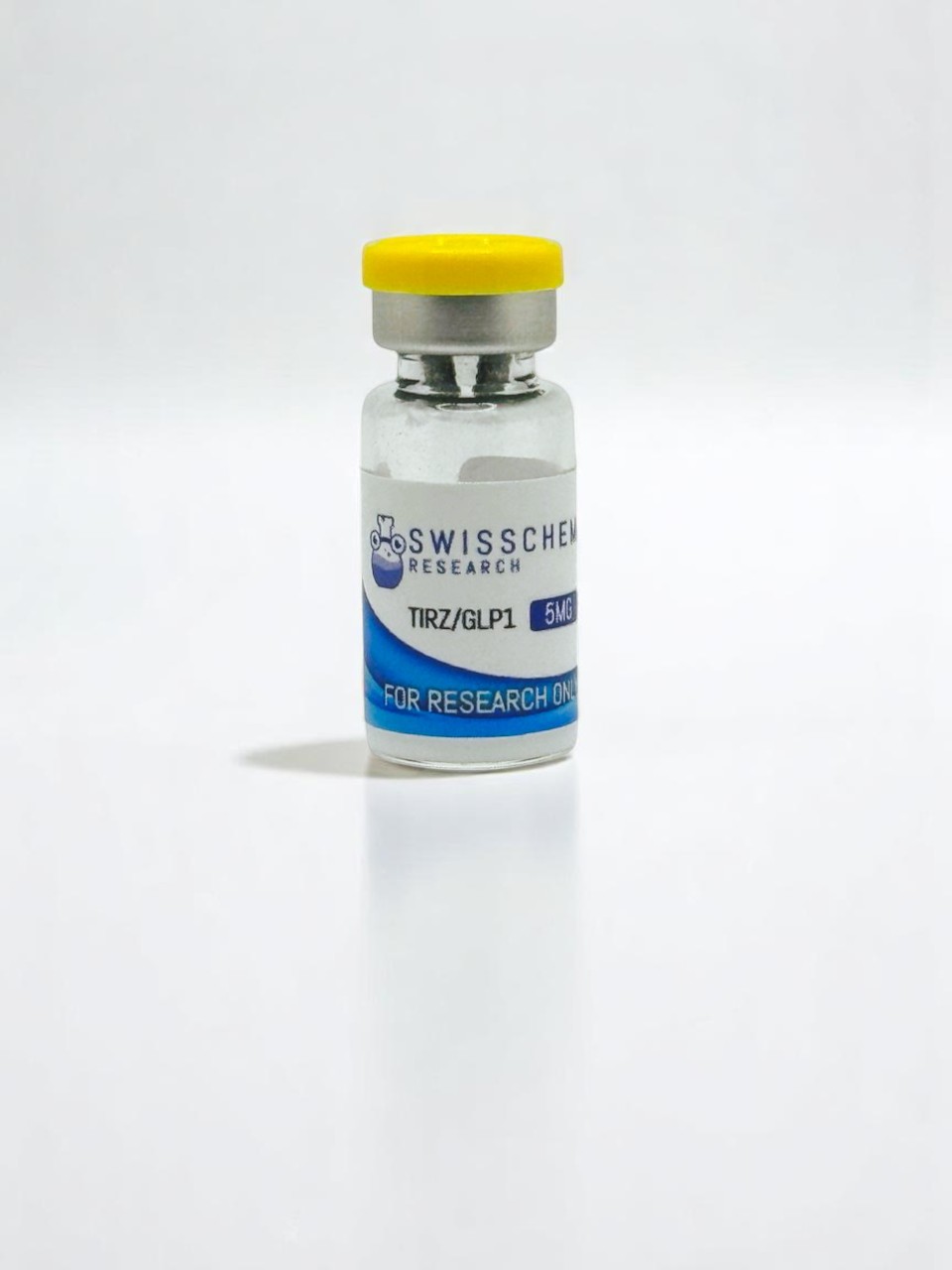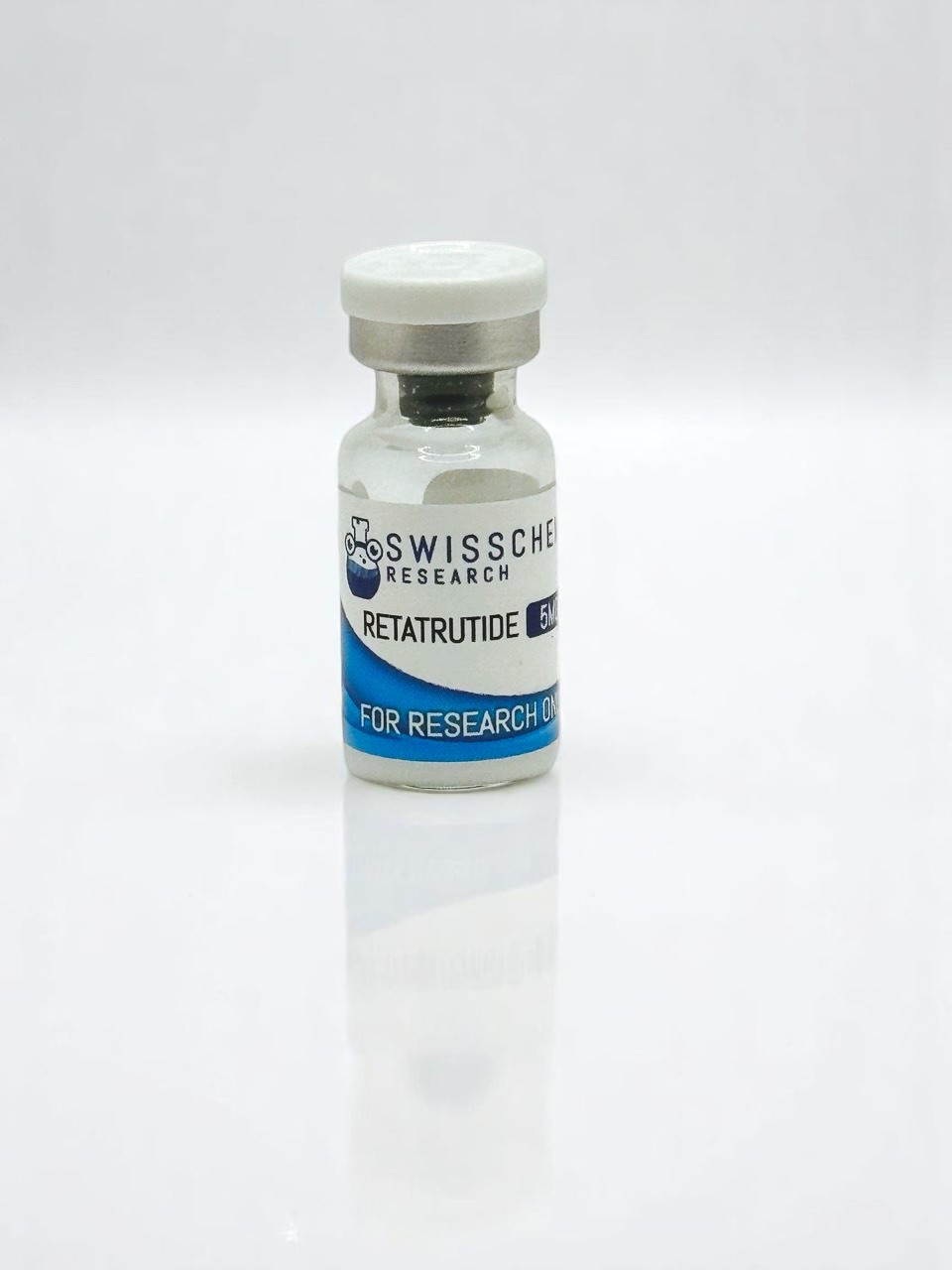Description
Setmelatodide: Understanding POMC, PCSK1 and LEPR deficiencies
What are POMC, PCSK1 and LEPR deficiencies?
POMC, PCSK1 and LEPR deficiencies are rare genetic diseases responsible for a severe form of obesity. They result from a genetic mutation inherited from both parents, disrupting the brain’s control of hunger.
Symptoms and impact on the body
POMC(proopiomelanocortin) deficiency
- Brain: Insatiable hunger(hyperphagia) and obesity
- Endocrine: adrenal insufficiency, hypothyroidism, hypoglycemia, growth hormone deficiency
- Reproductive: delayed puberty(hypogonadotropic hypogonadism)
- Other: Fair skin, red hair, hepatic insufficiency
PCSK1(pro protein convertase subtilisin/kexin type 1) deficiency
- Brain: Insatiable hunger(hyperphagia) and obesity
- Digestive: gastrointestinal disorders (diarrhea from birth)
- Kidneys: Acid build-up, excessive thirst
- Endocrine: diabetes, hypoglycemia, cortisol deficiency
- Other: Infantile growth retardation
LEPR(leptin receptor) deficiency
- Brain: Hyperphagia and obesity
- Endocrine: high insulin levels
- Reproductive: Delayed puberty
- Other: Diabetes
Understanding hyperphagia
The hyperphagia associated with these deficits is uncontrollable and different from the usual overeating. It is characterized by :
- Constant hunger, even after a meal
- An obsession with food
- Compulsive foraging behaviour
Treatment: How does Setmelatodide work?
Setmelatodide is a treatment designed to restore the function of the MC4R pathway, which regulates the sensation of satiety.
Clinical effectiveness
Studies have shown significant weight loss and reduced hunger in treated patients:
- POMC/PCSK1: 80% of patients lost at least 10% of their weight in one year
- LEPR: 45% of patients lost at least 10% of their weight in one year
Method of administration
- Daily subcutaneous injection
- To be taken in the morning, with or without food
Possible side effects
The most common side effects include:
- Injection site reactions (96%)
- Darkening of the skin (78%)
- Nausea, headaches, fatigue, gastrointestinal disorders
Conclusion
Setmelatodide represents a major advance in the management of POMC, PCSK1 and LEPR deficiencies. If you or someone you know is affected, talk to your doctor to find out more about this treatment option.





